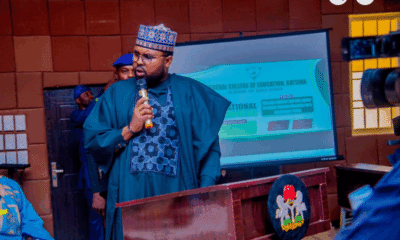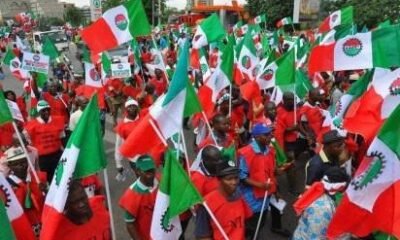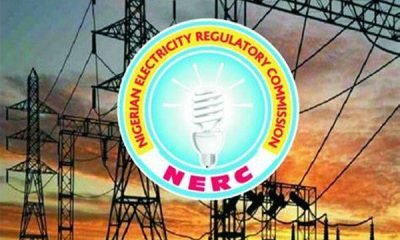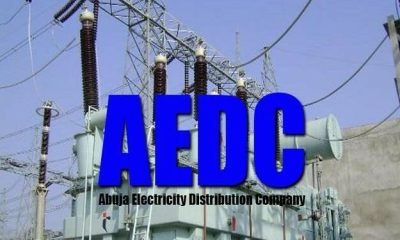Headline
Nigeria Electricity: Labour, others react to electricity tariffs increase
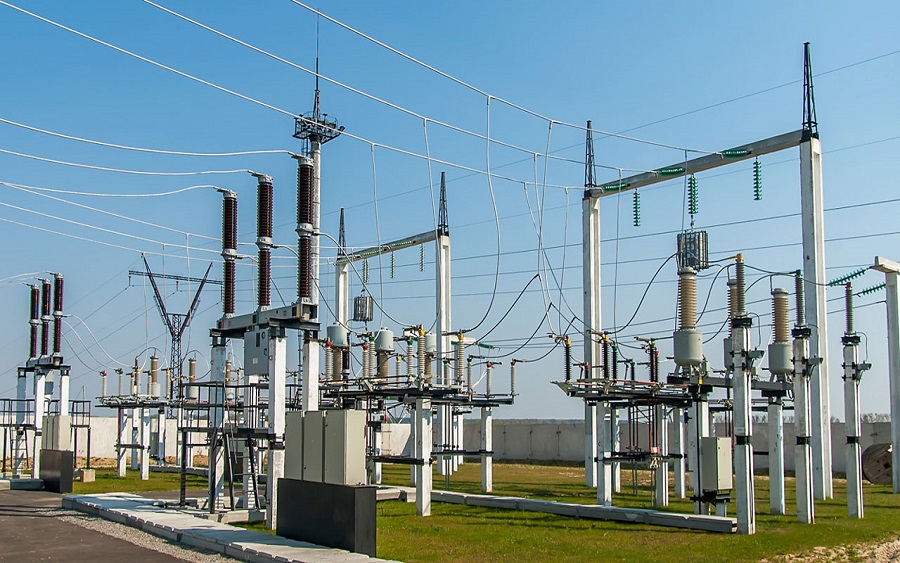
Organised labour, industrialists and civil rights groups on Sunday condemned the increase in electricity tariffs by the Federal Government.
Labour, described the electricity tariff increase as a daylight robbery considering the epileptic power supply in the country, according to Punch.
The Lagos Chamber of Commerce and Industry, on its part, rebuked the Federal Government for increasing the tariffs and doing nothing about estimated billing by distribution companies.
While MAN, Rivers/Bayelsa states branch, described the increase in electricity tariffs as insensitive to Nigeria economic, the Kaduna State Chamber of Commerce, Industry, Mines and Agriculture said it was counter-productive.
They complained the electricity distribution companies were collecting money for the services they were not providing.
An analysis of the latest NERC directive shows that the Federal Government’s agency has actually increased tariffs payable by all the major classes of power consumed.
Onyxnewsng understands that tariffs for the three major categories of consumers in Ikeja, Ibadan, Kano and Port Harcourt distribution companies shuddered up.
Residential users in the R3 category under Ikeja Disco, who presently pay N26.5/kWh, will start paying N36.49/kWh starting from April, indicating an increase of N9.99.
Commercial customers in the C3 category under this Disco, who currently pay N24.63/kWh, will start paying N38.41/kWh, representing a hike of N13.78.
Industrial user in the D3 category served by Ikeja Disco, who pay N25.82/kWh currently, will start paying N38.85/kWh, representing an increase of N13.03.
Residential customers of Ibadan, Kano and Port Harcourt Discos, who currently pay N29.17/kWh, N24.43/kWh and N27.49/kWh, will start paying N44.66/kWh, N42.63/kWh and N48.39/kWh, respectively. The increases in their respectively tariffs include N15.49, N18.2 and N20.9.
Commercial customers in the C3 category for Ibadan, Kano and Port Harcourt Discos, who currently pay N27.11/kWh, N22.71/kWh and N25.14/kWh, will from April pay N42.03/kWh, N40.27/kWh and N48.39/kWh, respectively.
Also, industrial customers in the D3 category under the Ibadan, Kano and Port Harcourt Discos, who currently pay N28.42/kWh, N23.8/kWh and N25.7/kWh respectively, will, commence from April pay N45.4/kWh, N41.45/kWh and N48.39/kWh.
According to NERC order, it therefore implies that power tariffs in Nigeria have increased by over threefold in the last five years.
It can be recalled that on August 28, 2019, reports said that electricity tariffs increased threefold in four years. The rates increased by more than 300 per cent during the period.
The report stated that between 2015 and 2019, the average electricity tariff grew from N12 kWh to about N32kWh.
Reacting to this development the National Chairperson of the Joint National Public Service Negotiating Council (Trade Union Side), Abdulrafiu Adeniji, rebuked the government for the quick electricity tariffs increase when the new minimum wage had not been fully implemented throughout the country, describing the situation as “a daylight robbery”.
Adeniji said, “If the new tariff policy is eventually implemented throughout Nigeria, it is not only targeted at labour, it is a daylight robbery of all Nigerians.
“We are all aware how epileptic the electricity supply is in the country. We have yet to get value for the money Nigerians pay on the electricity bill. Why increasing the tariffs when the supply is not stable and consistent? Government does things before thinking of their implications, otherwise, there is no basis for the increase in electricity tariffs for now.
“If you give us the minimum wage that has yet to be implemented across board and you are increasing electricity tariff that will be implement across Nigeria, irrespective of the poor supply, this is an unexpected added burden on Nigerians.”
-

 Headline1 week ago
Headline1 week agoCAF Approves 28-Man Squads For 2025 AFCON, See Full List
-
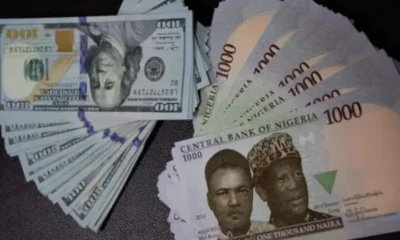
 Brands and Marketing1 week ago
Brands and Marketing1 week agoSee Dollar To Naira Exchange Rate Today, November 28, 2025
-

 Entertainment7 days ago
Entertainment7 days agoBurna Boy’s ‘No Sign Of Weakness’ U.S. Tour Dates Cancelled, See Why
-

 Crime1 week ago
Crime1 week agoUK Rejects Nigeria’s Request To Transfer Ekweremadu’s Prison Sentence, See Why
-
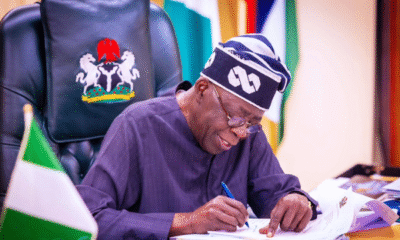
 Headline1 week ago
Headline1 week agoJUST IN: Tinubu Finally Appoints Ambassadors, See Full List
-
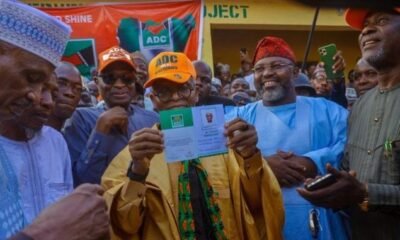
 Headline1 week ago
Headline1 week agoBREAKING: El-Rufai Officially Joins ADC— Reports
-

 Education1 week ago
Education1 week agoJUST IN: ASUU Alongside NEC Set To Review FG’s Negotiation, See Date
-

 Headline1 week ago
Headline1 week agoBREAKING: 24 Kebbi Schoolgirls Kidnapped Regain Freedom
-

 Headline1 week ago
Headline1 week agoBREAKING: Islamic Scholar Sheikh Dahiru Is Dead, See Details Of Burial
-
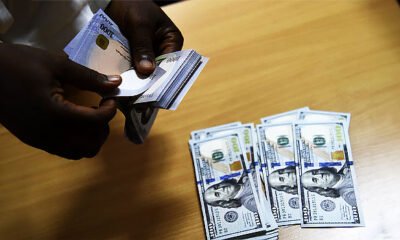
 Brands and Marketing3 days ago
Brands and Marketing3 days agoUPDATED: See Naira To Dollar Exchange Rate Today

